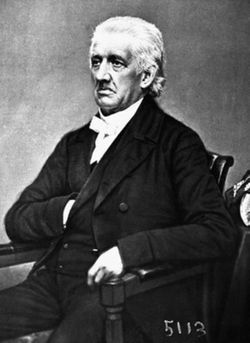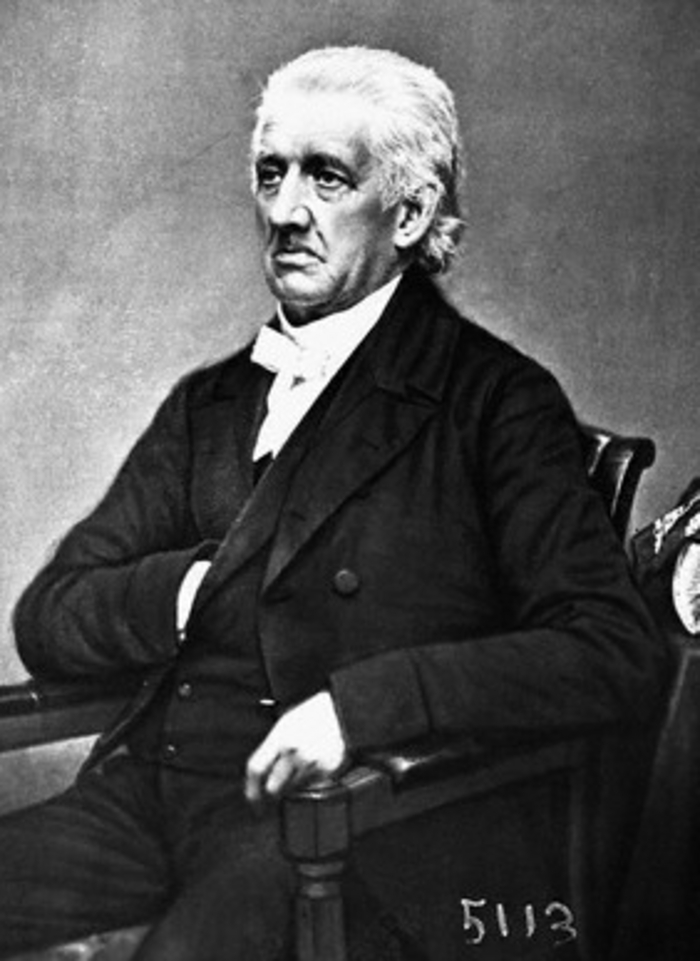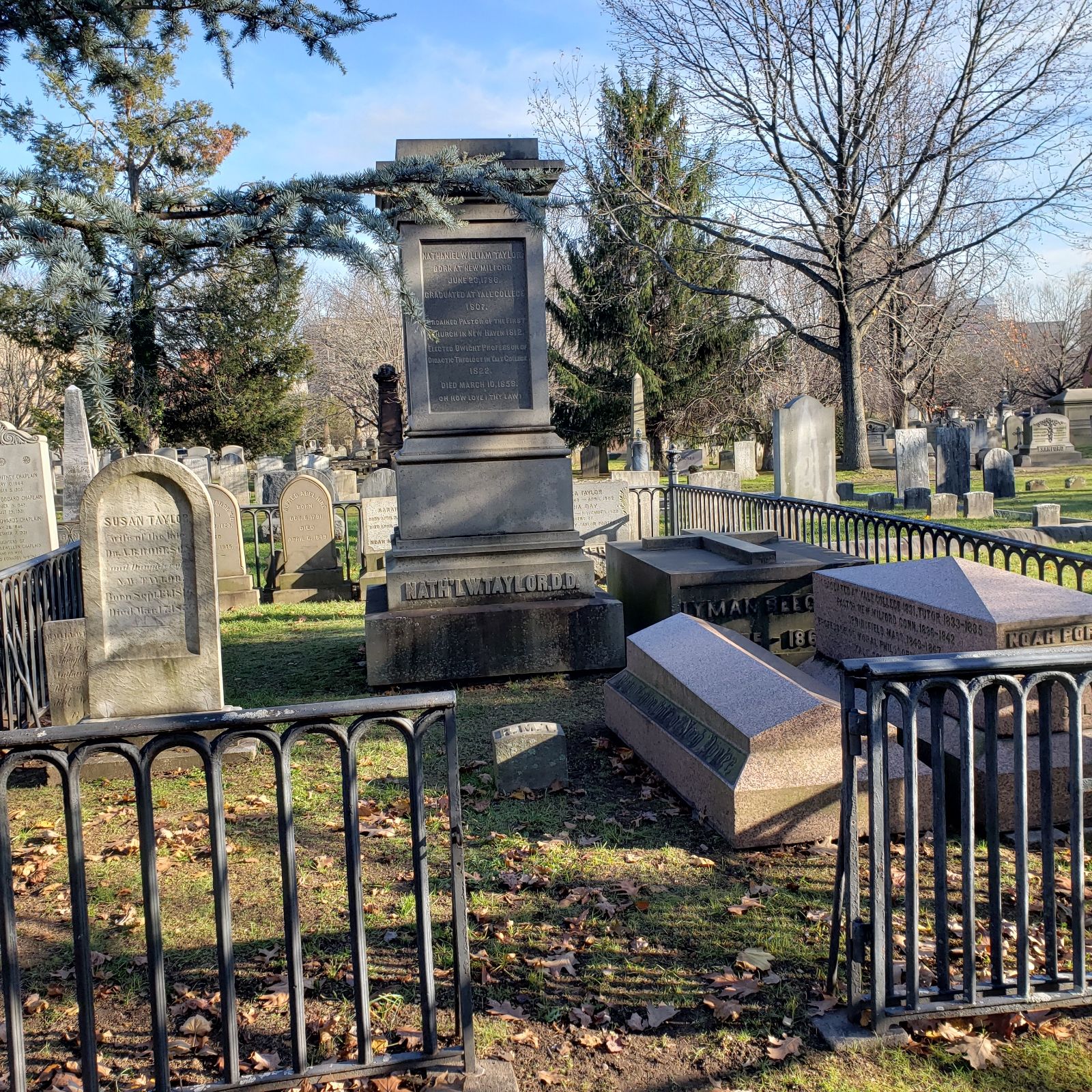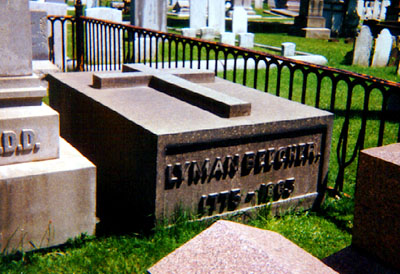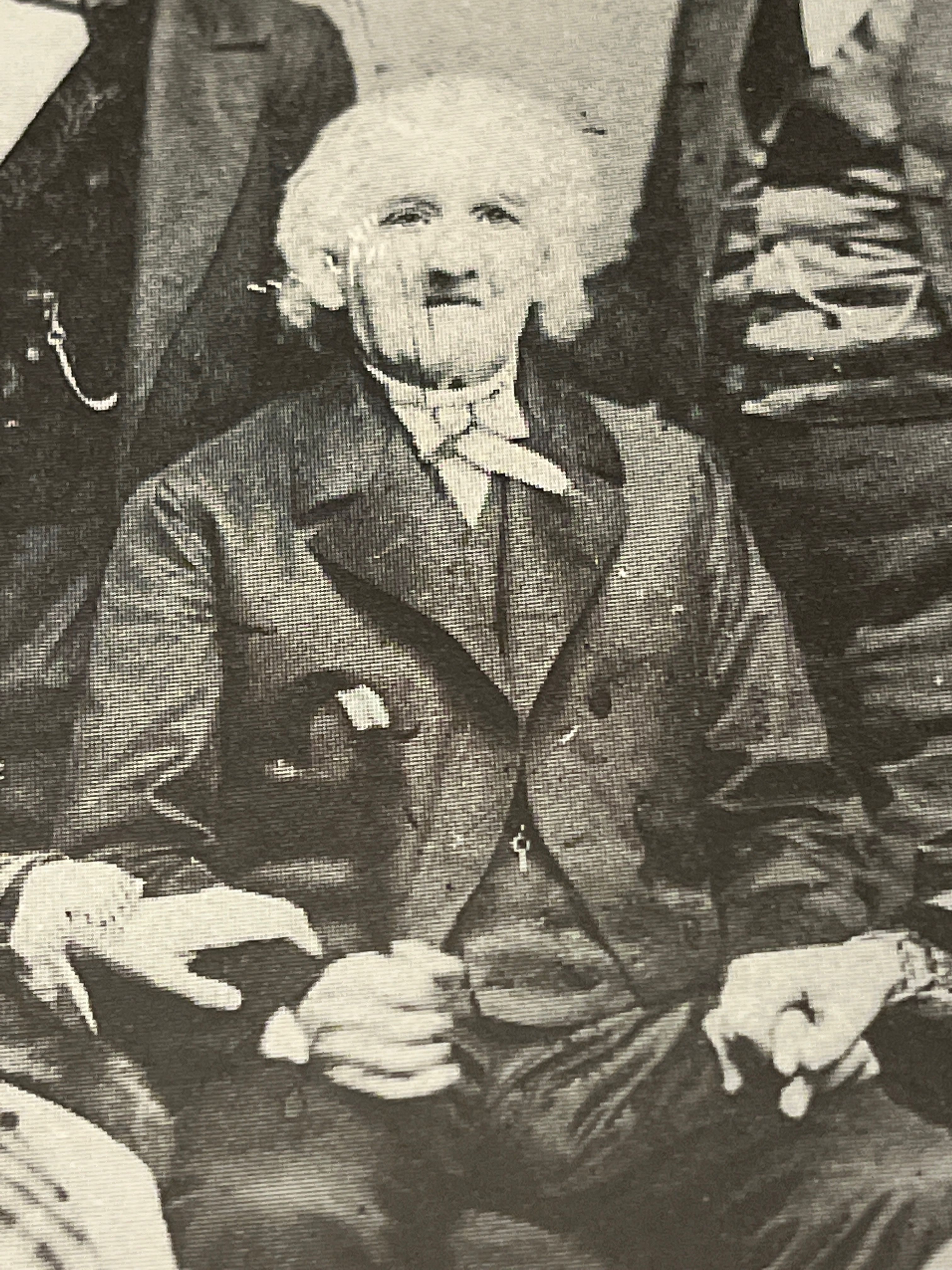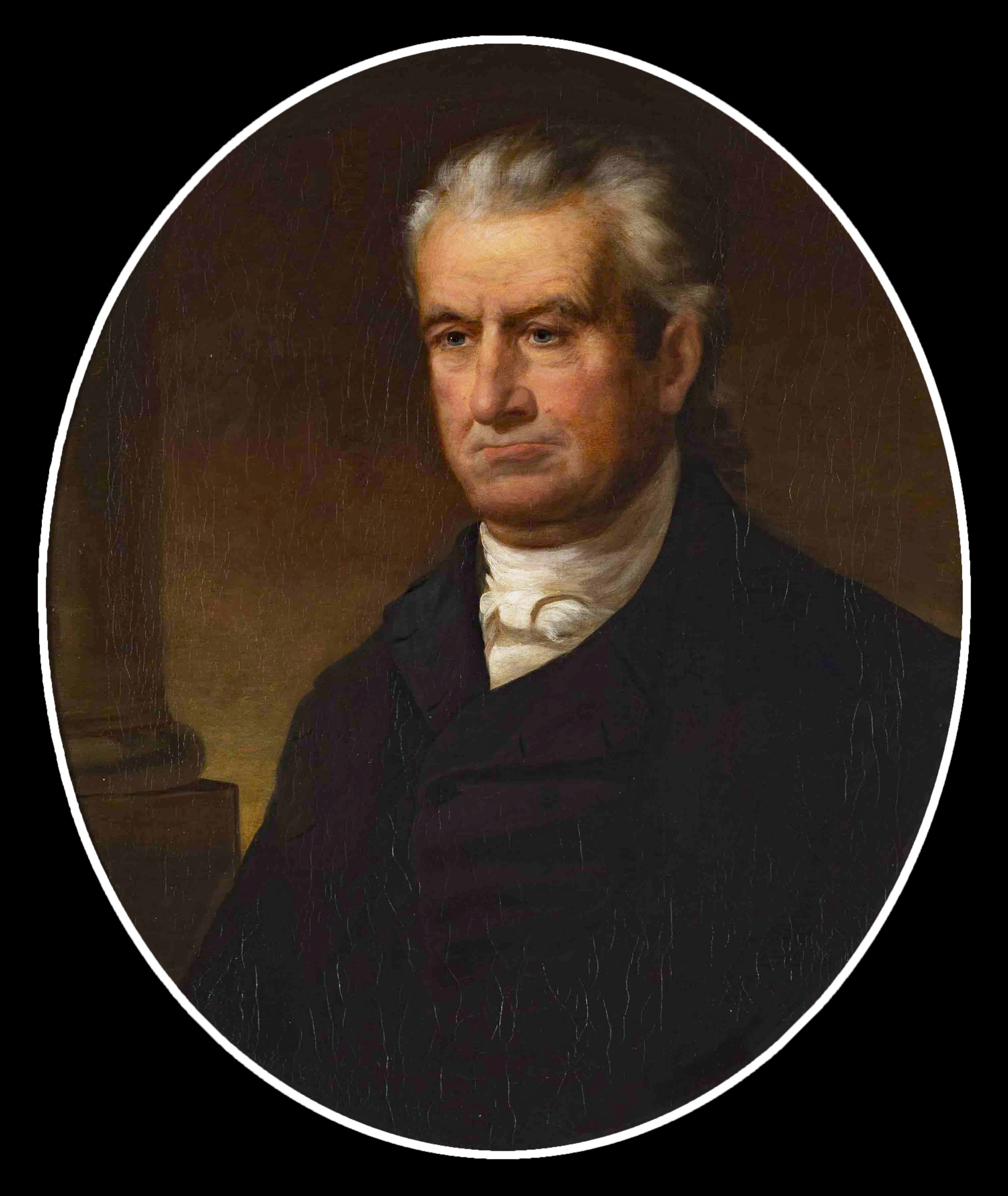Bio by: GravRidr
Family Members
-
![]()
Catharine Esther Beecher
1800–1878
-
![]()
Rev William Henry Beecher
1802–1889
-
![]()
Rev Edward Beecher
1803–1895
-
![]()
Mary Foote Beecher Perkins
1805–1900
-
![]()
Rev George Beecher
1809–1843
-
![]()
Harriet Beecher Stowe
1811–1896
-
![]()
Rev Henry Ward Beecher
1813–1887
-
![]()
Rev Charles Beecher
1815–1900
-
![]()
Frederic A. Beecher
1818–1820
-
![]()
Isabella Beecher Hooker
1822–1907
-
![]()
Rev Thomas Kinnicut Beecher
1824–1900
-
![]()
BG James Chaplin Beecher
1828–1886
Advertisement
See more Beecher memorials in:
Explore more
Sponsored by Ancestry
Advertisement
